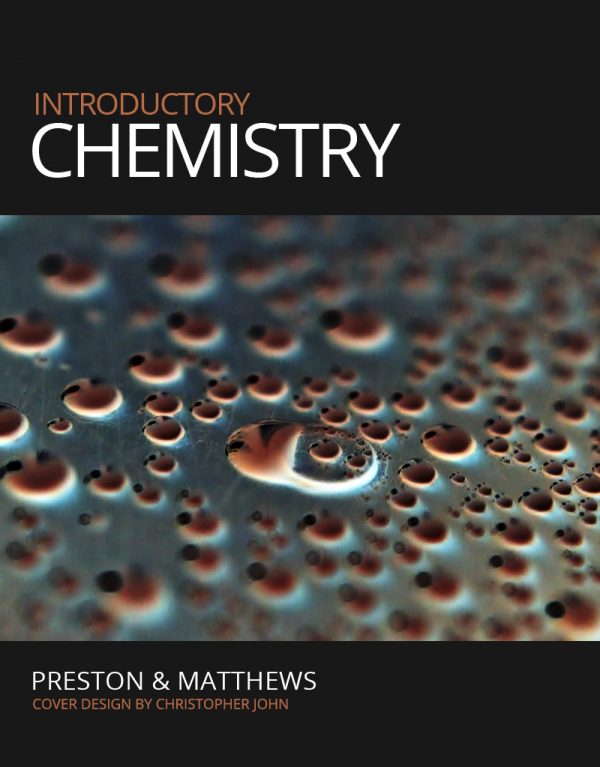Introduction to Chemistry
From consumer products to space age technologies, chemistry affects our daily lives. In this course, students will learn the structure of matter and how it behaves under various conditions in order to better understand the chemical world. Designed for students with little or no chemistry background, this course can stand alone or be followed by CHEM&131; not intended for students continuing to CHEM&161. Laboratory activities extend lecture concepts and introduce the student to the experimental process.
Macroeconomics
This is an introductory course in principles of macroeconomics. Macroeconomics studies aggregate economic phenomena such as inflation, economic growth and recession, and unemployment, and addresses issues related to economic growth and the role of government policies in maintaining a healthy, prosperous economy. The goal of the course is to enable students to think about aggregate economic issues in an insightful manner, and to critically evaluate the economic information and analysis provided in popular news publications.
Microeconomics
This course examines the market system and the role of government in the economy. Students learn to analyze resource and income distribution, assess consumer and business behavior, and evaluate price determination and production cost. Students will also be able to identify the economic and socio-political forces that impact consumer demand, business production, and exchange within both domestic and international markets.
Introductory Chemistry
With an expanded focus on critical thinking and problem solving, the new edition of Introductory Chemistry: Concepts and Critical Thinking prepares readers for success in introductory chemistry. Unlike other introductory chemistry texts, all materials –the textbook, student solutions manual, laboratory manual, instructor’s manual and test item file – are written by the author and tightly integrated to work together most effectively. Math and problem solving are covered early in the text; Corwin builds reader confidence and ability through innovative pedagogy and technology formulated to meet the needs of today’s learners.
Survey of the Kingdoms
Students will gain an understanding of the vast diversity of living things and their adaptations to their environment from an evolutionary perspective. They will examine the ecological relationships among all life on the planet.
General Physics
This course is the first in a three quarter sequence designed for liberal arts and other majors that do not require calculus-based physics. Students will learn and apply the laws that govern motion, explore the relationship between work and energy, and examine momentum. Laboratory activities extend lecture concepts and introduce the student to the experimental process.

